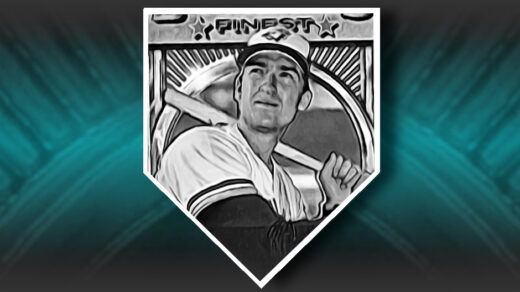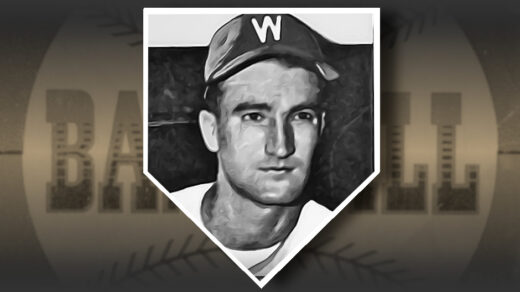Eddie Stanky is one of the more interesting ballplayers of the last 100 years. Over just a decade of play he put up numbers that seemed at first glance to be slightly above average at best, but somehow made himself into one of his teams’ most effective players. He consistently drew walks, contributing to an on-base percentage over 140 points above his career .268 batting average. He provided a steady stream of insults to umpires and opposing teams from the bench, stole bases in unconventional ways, induced errors from defenders, trigger the calling of losing games before they became official, and in general found loopholes in the rules to gain any sort of an edge. There just aren’t many players from the same mold as Stanky.
Baseball probably saw its closest match with the arrival of Lenny Dykstra in the mid-1980s. Like Stanky, Dykstra was a low level prospect who wasn’t initially seen as having a lengthy future in the big leagues. Originally drafted by the New York Mets, Dykstra roomed with top-ranked prospect (and future A’s GM) Billy Beane. In the runup to Michael Lewis writing Moneyball, Beane told the author of Dykstra’s extreme intensity for grabbing any advantage he could in order to make it to the Mets.
Beane would go on to make a grand total of 18 plate appearances with the parent club while Dykstra became the team’s primary leadoff hitter of the late 1980s. For the rest of his career Dykstra would average more than 30 steals and 5.1 WAR per 162 games played, topping out with an amazing 9.0 WAR in 1990. He also made it a point to terrorize opposing teams and umpire crews.
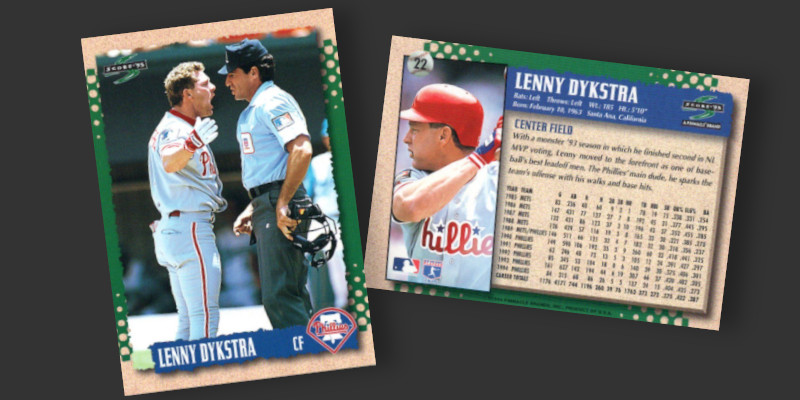
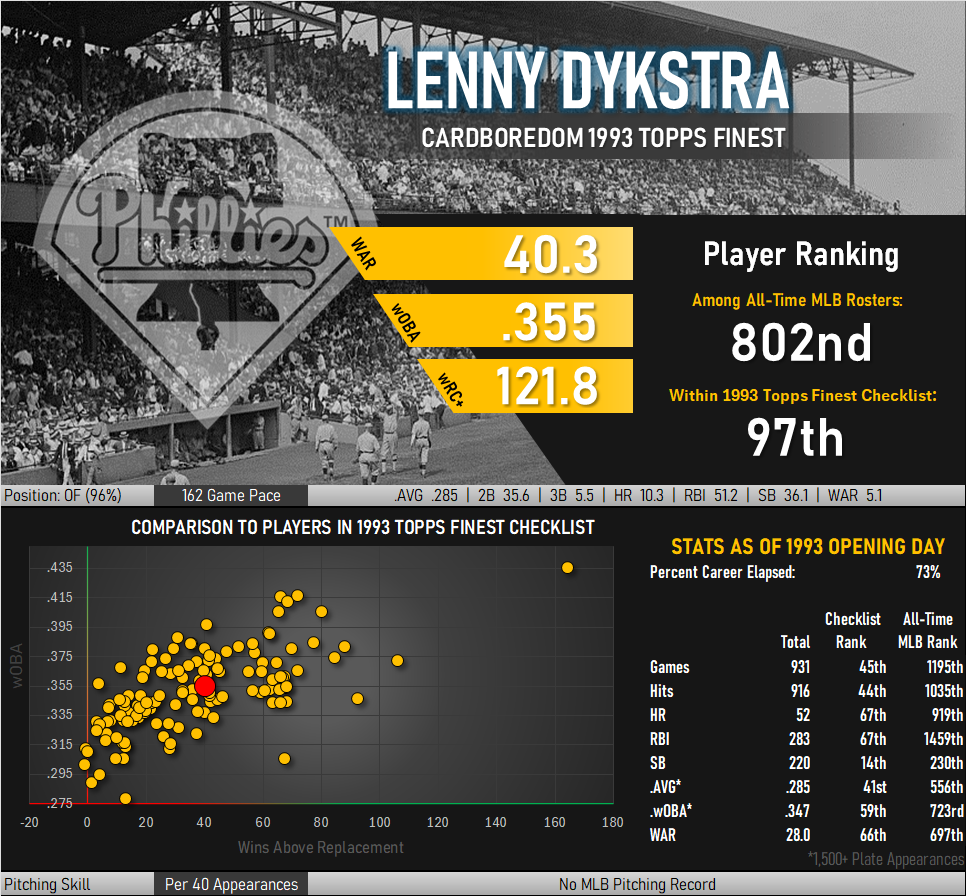
Throughout his career Dykstra accumulated a reputation for aggressive bench jockeying. Former teammate Ron Darling wrote a memoir (108 Stitches: Loose Threads, Ripping Yarns, and the Darndest Characters from My Time in the Game) that claimed Dykstra hurled racial abuse at Boston’s Oil Can Boyd (something writer Khan would have had no problem also attributing to Stanky).
Dykstra sued Darling for libel in 2019, claiming this story was false and defamatory. A New York judge subsequently ruled in Darling’s favor, calling Dykstra a “classic libel-proof plaintiff” given a fairly terrible reputation. In essence, the judge felt there is no way Dykstra’s reputation could get any lower given what is already known about him.
There is a lot of unflattering background from which to draw on, much of it already provided in Dykstra’s own memoir (House of Nails: A Memoir of Life on the Edge) as well as newspaper and court records. There are stories of blackmailing umpires and openly taking physician-prescribed PEDs, proudly pointing out that MLB had no rules against the latter. There is a weird story about him buying a family pet from a woman while she was taking it for a walk. He was the face of a pretty terrible stock market newsletter, went bankrupt, and committed fraud to prevent creditors from recovering what they were owed. Accusations of assault and lewd conduct followed him after he placed ads for personal assistants in which he took a rather expansive view of “other duties as assigned.” Charges of grand theft auto after false information was given in loan applications for expensive vehicles. Recurring drug and alcohol issues only compounded these issues.
Baseball hasn’t seen another player like Dykstra in a while, and that might be a good thing.
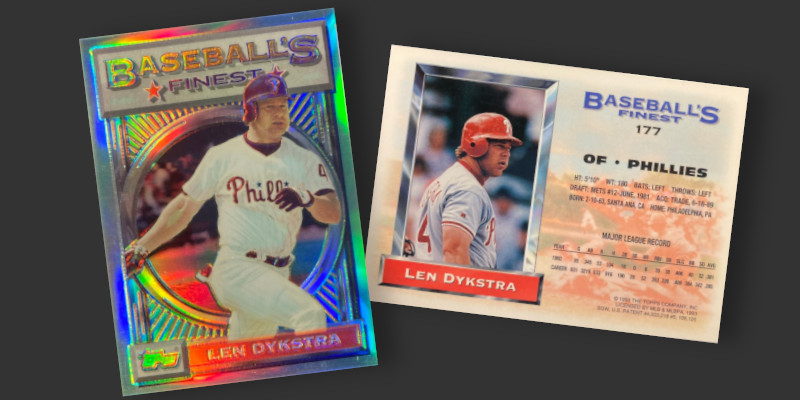
I can’t tell in card photos if Dykstra has naturally full cheeks or if he is using the space to store extra chewing tobacco.







